Manuel Amorim, Guinness's record-breaking chordphone builder, reinforced Loulé Criativo in August and, this Saturday, at 10:30 am, his studio will be officially inaugurated, in the Solar das Palmeiras building. The construction of chordphones is increasingly industrialized, but the master luthier he wants to “go to school” in Loulé, passing on his knowledge to new generations.
The artisan, since opening the doors of his new space, has been «doing many restorations», building mandolins, guitars and cavaquinhos, in a job that requires a lot of skill and is subject to many conditions.
Manuel Amorim's studio smells of wood and glue and there isn't much machinery. Almost everything is handmade, with processes dating back to the XNUMXth and XNUMXth century. Varnishes and glues are handcrafted and organic, there is no plastic but bone on the easel. “If it's not bone, if it's plastic, it sounds completely different,” he explains.
Every detail has an influence on the final result of a stringed instrument. Woods, materials, glues, varnishes, or the placement of frets, which requires precision to the millimeter and is done through a mathematical formula.

For all these reasons, the process is lengthy. «A cavaquinho takes a week and two days to build, without stopping between collages. With the stops, it takes another week», tells Manuel Amorim to Sul Informação.
“Building an instrument is like a child. No matter how careful you are in its construction, I only know how the final result will turn out when there are strings» and this is the last step in the process, he adds.
The secret of a good stringed instrument starts with cutting wood. This wood comes from all continents and Manuel Amorim gives the example of a cavaquinho that he holds in his hands: «this instrument has holy wood from Brazil, mahogany from Honduras, pine from Flanders, ebony from Africa and rosewood from India».
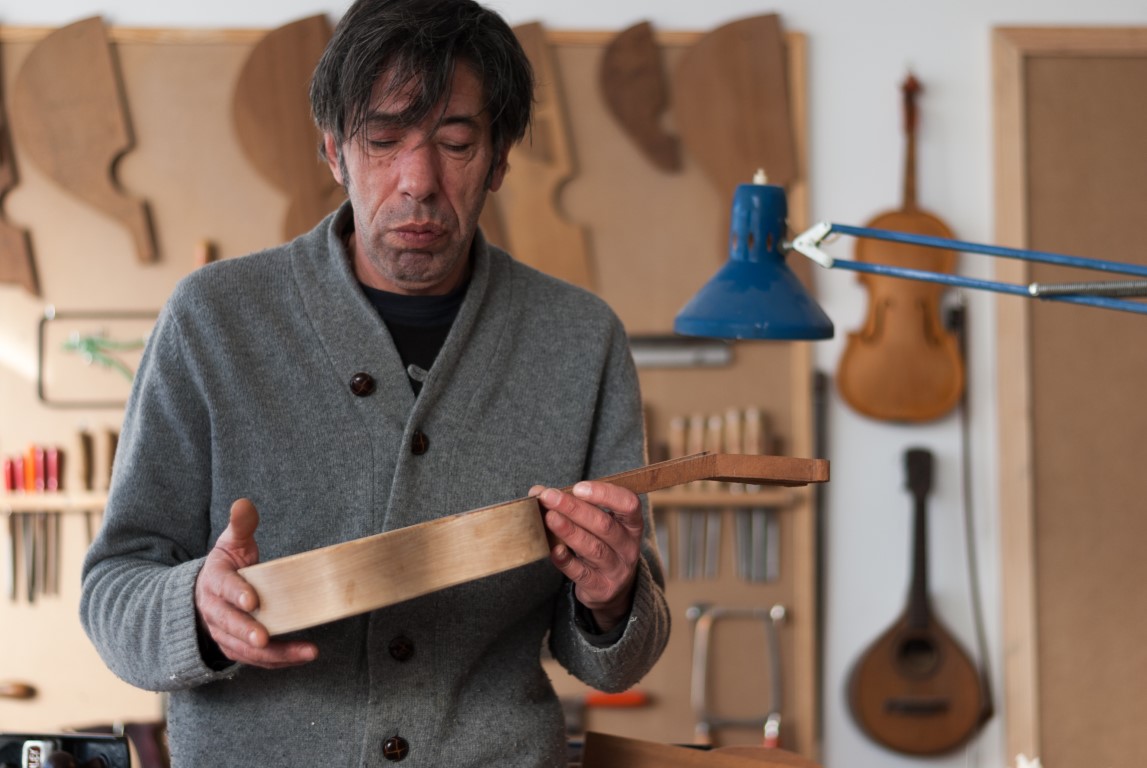
To get these woods, Manuel Amorim has to go to Spain and Germany, countries that «have a monopoly on wood for luthier. A top can cost 700 euros. A game of pau santo from Brazil costs almost 2000 euros».
These prices end up making the instruments that are produced from scratch by a master more expensive. luthier. «A classical guitar can cost around 1500 euros, whereas a Portuguese guitar can cost between 1500 and 1800 euros». However, emphasizes Manuel Amorim, “you don't earn money with this job. It's a lot of work and the raw materials are very expensive. I sell about 12 instruments a year».
Who most appreciates the meticulous work of a master luthier like Manuel Amorim, who learned the trade with the master Fernando Meireles, in Coimbra, they are the musicians. «Musicians look for instruments suited to their needs, designed for the curvature of the hands, for the size of the thigh, where the guitar rests. Everything can be worked out. A musician is unforgiving and, when he comes to me, he knows what he wants. Such an instrument can only be obtained in this type of studio”.
However, this type of ateliers and craft work in the construction of chordphones is increasingly rare throughout the country and Manuel Amorim wants to leave a legacy. «I have a project to train those who want to learn the trade. It would be a one-year training course, twice a week, for three hours», he adds.

The master luthier he still leaves a warning: «just to learn it can take two or three years and you can't think about money. When you start to have more confidence, the musician will play and can make repairs, and things will be like that. It gets better with each instrument».
In addition to training, Manuel Amorim wants to establish partnerships with schools to show new generations the manufacturing processes, tools, wood, or its history.
This Saturday, at the same time, the Watchmaker's Workshop will also be inaugurated, another space at Loulé Criativo, also located in the Solar das Palmeiras building. In this workshop, master watchmaker José João Guerreiro «developed his art, carrying out maintenance, adjustments, but also transmitting his knowledge and teaching the secrets of the craft to potential interested parties», explains the Câmara de Loulé.
The new workshops will be open from Monday to Friday, from 9:30 am to 13:00 pm and from 14:30 pm to 17:30 pm.
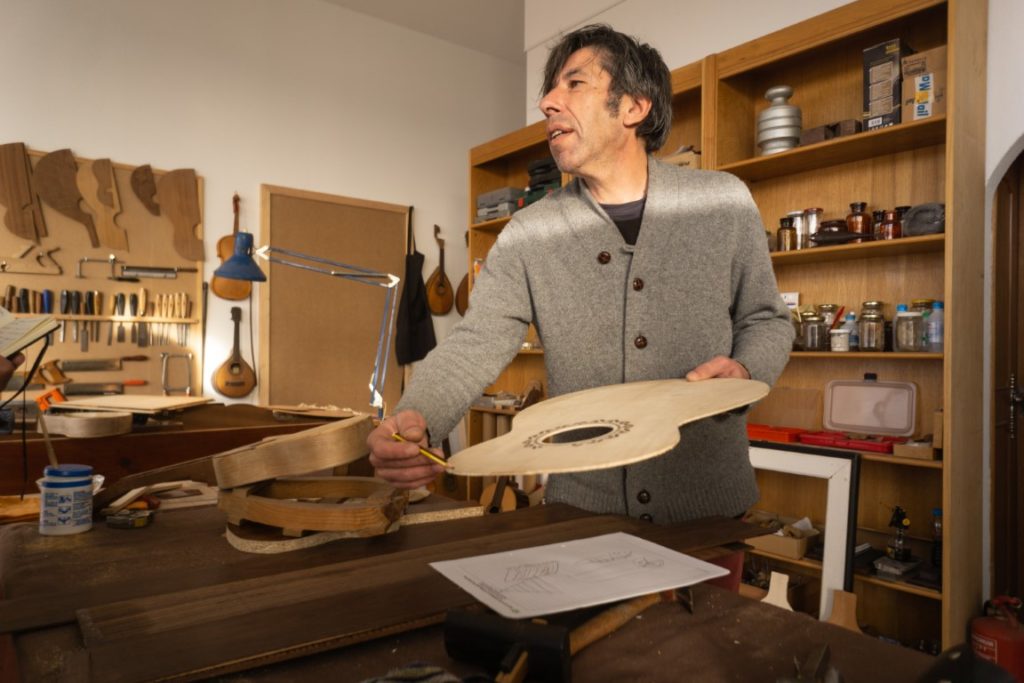

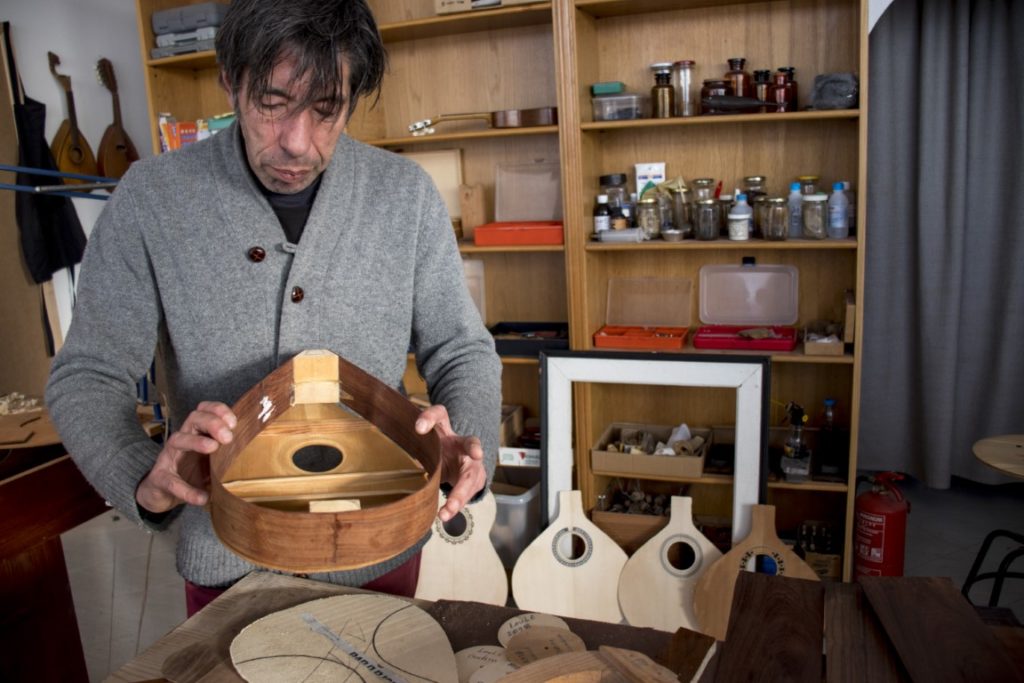
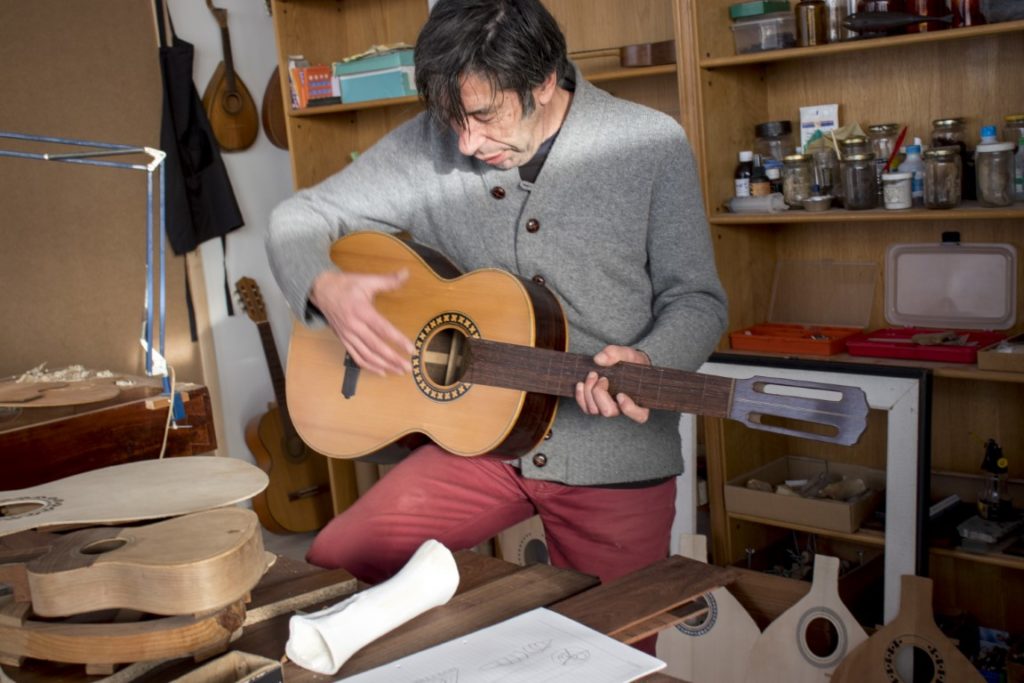
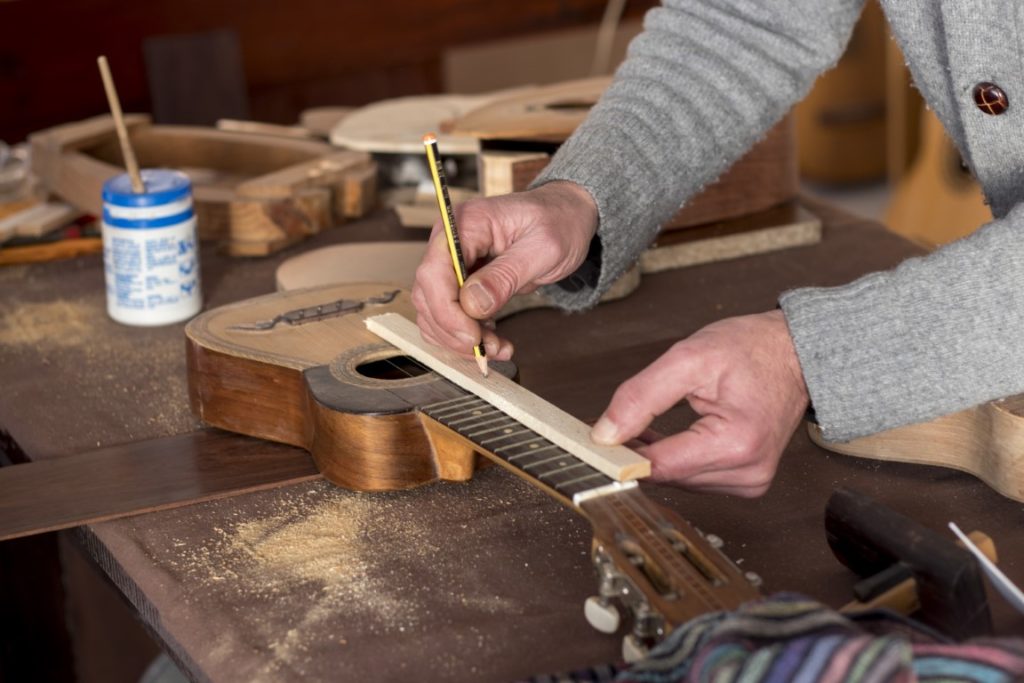
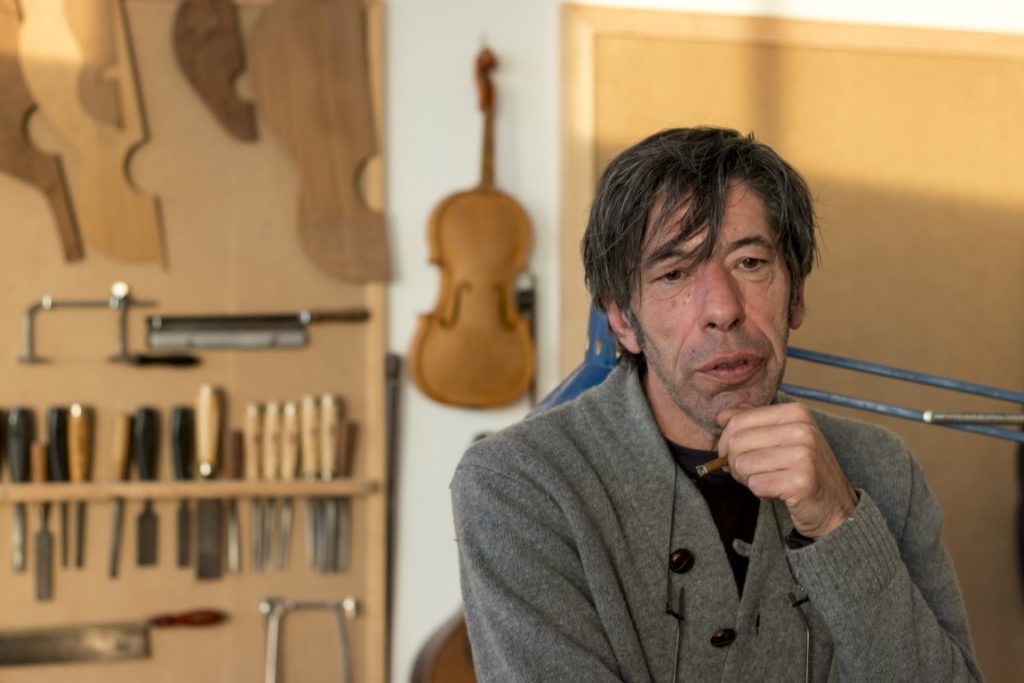
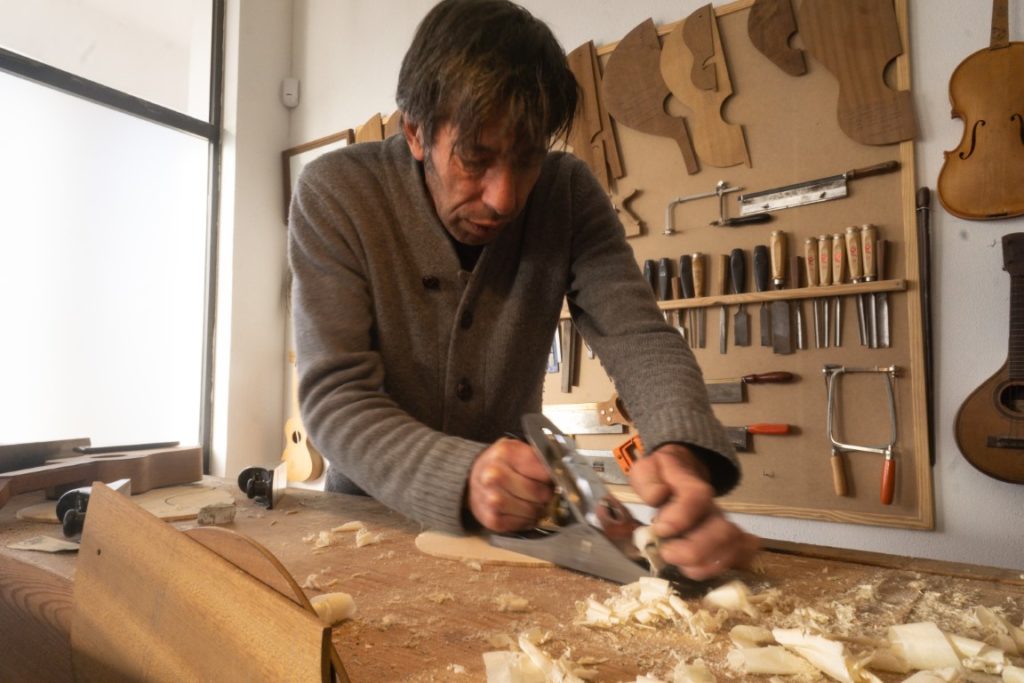
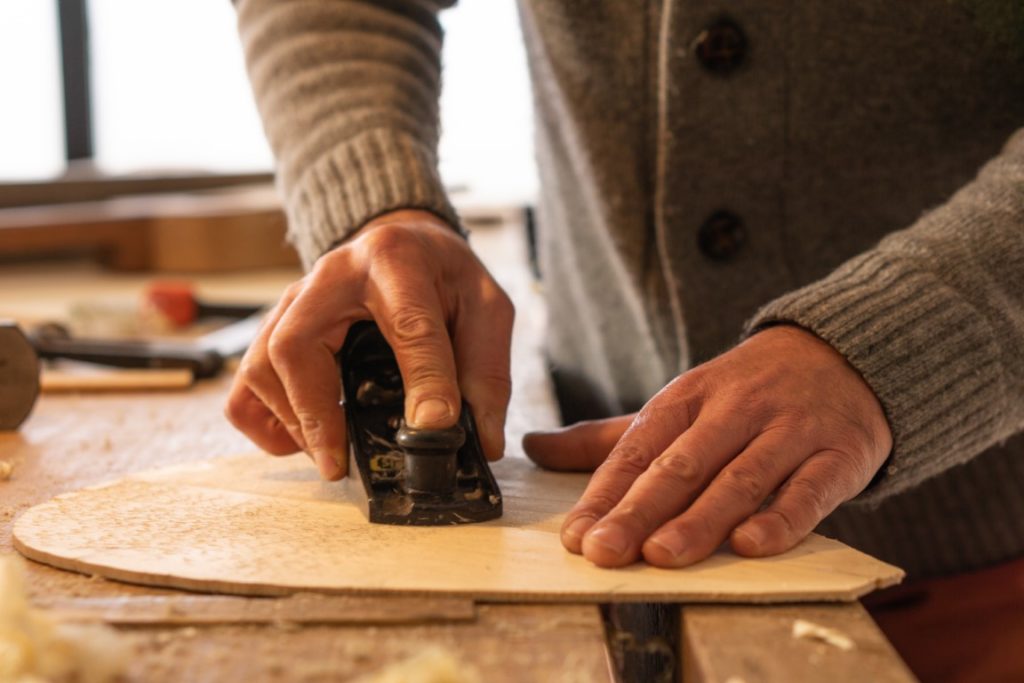
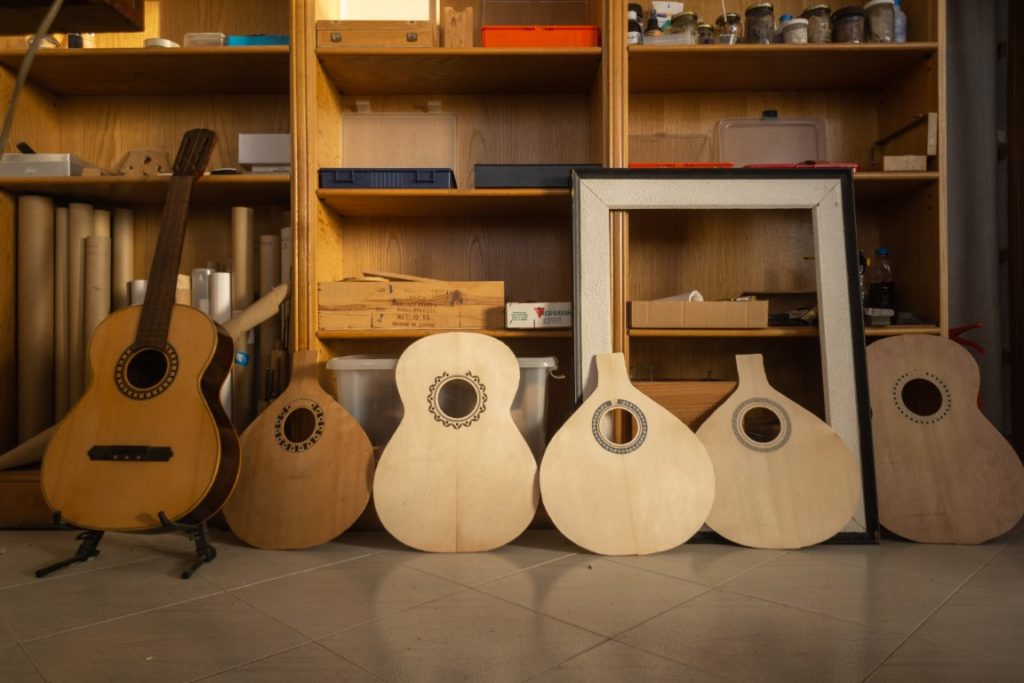
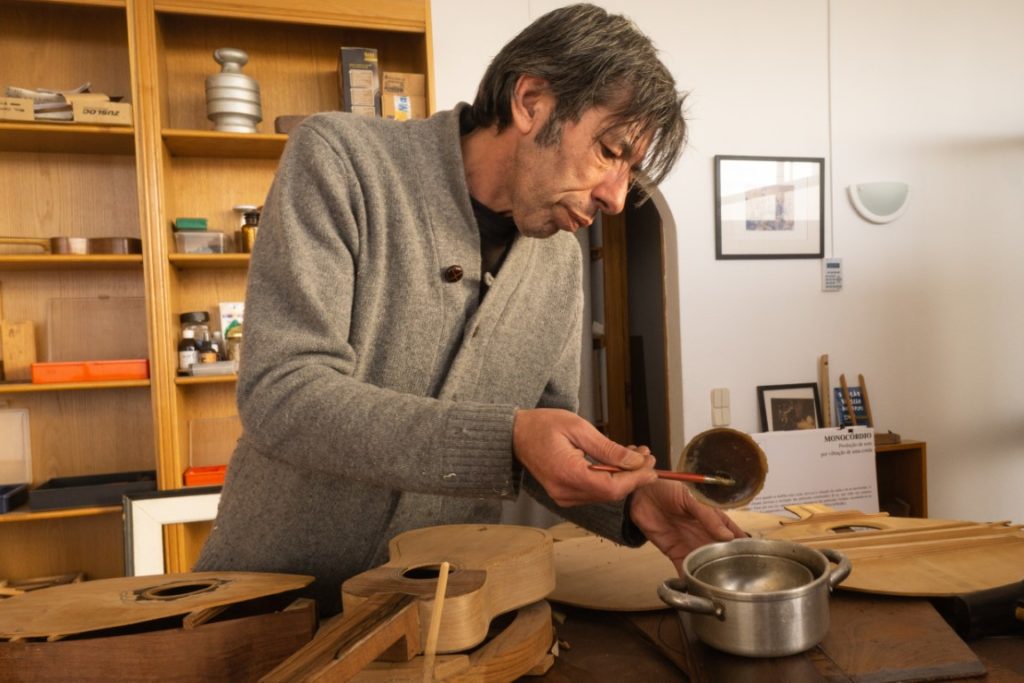
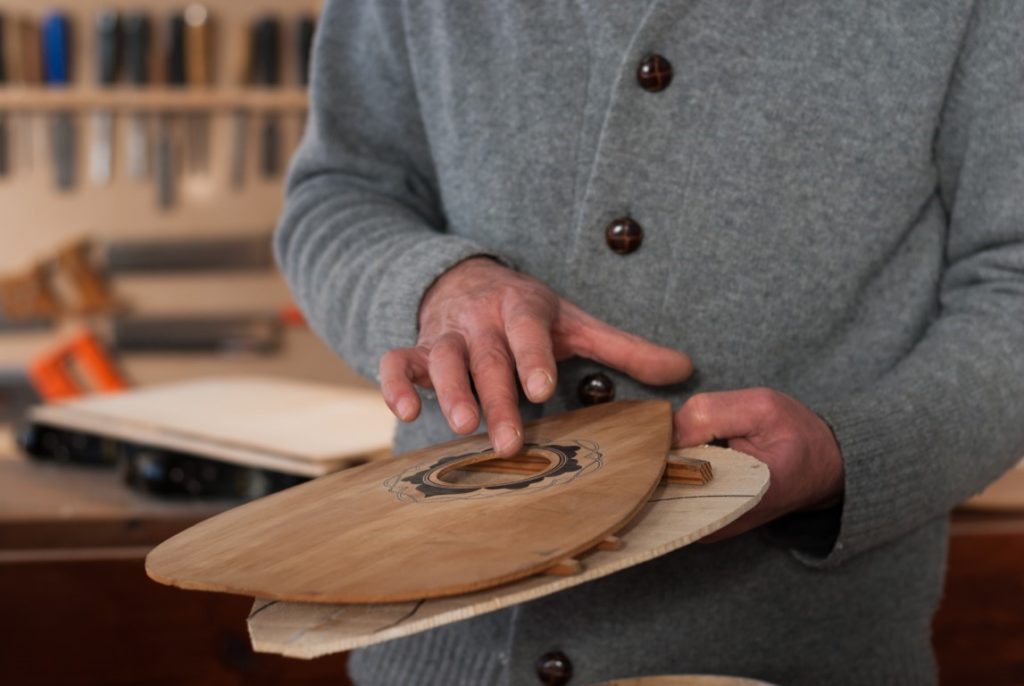
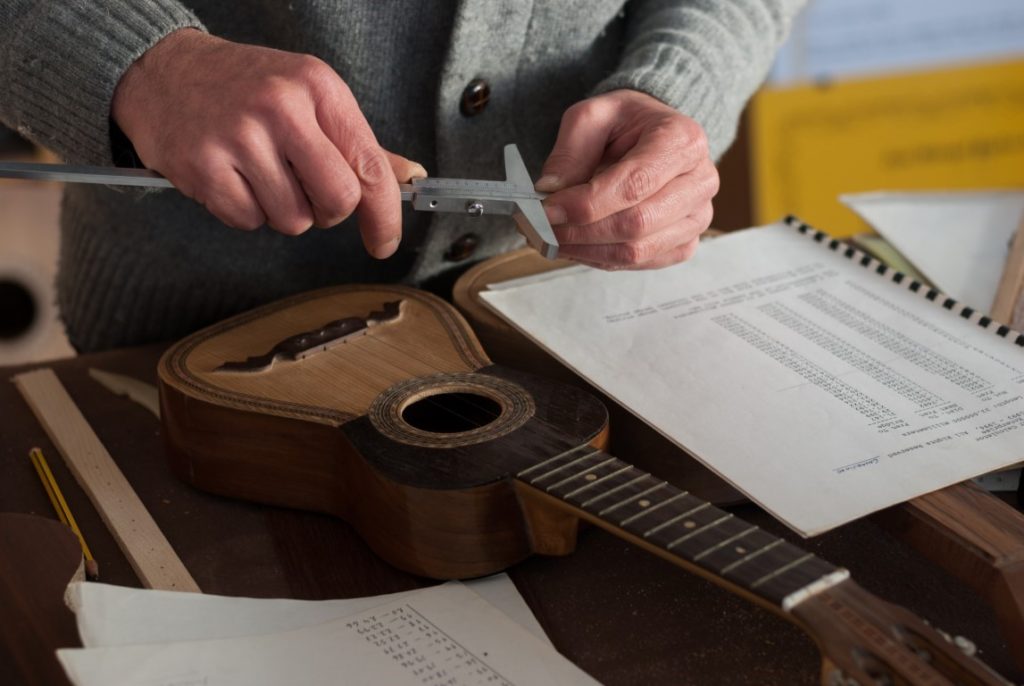
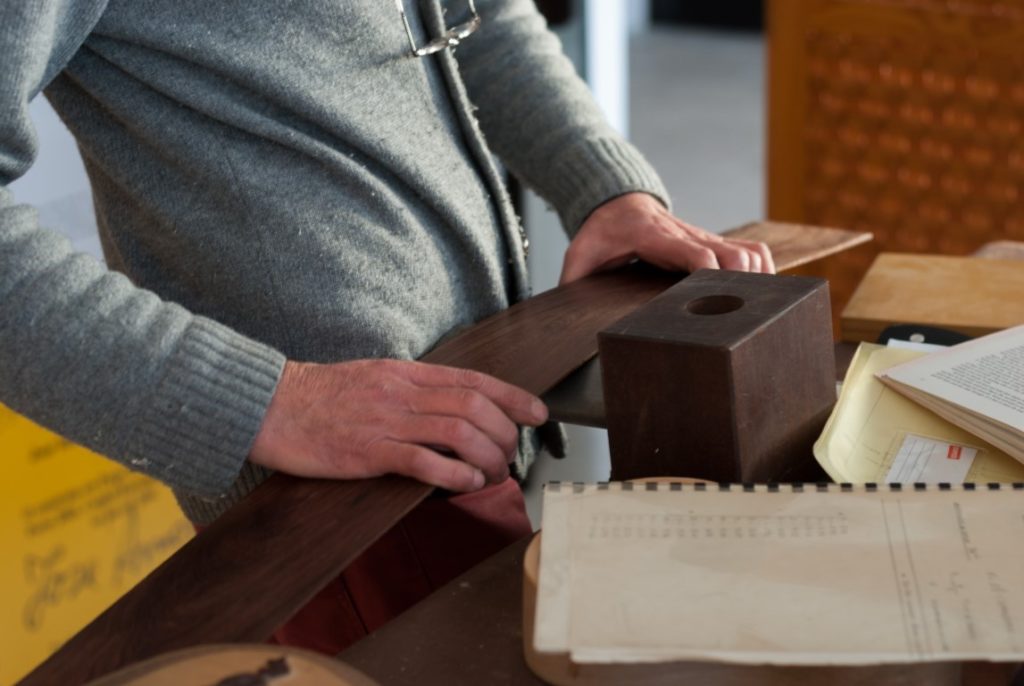
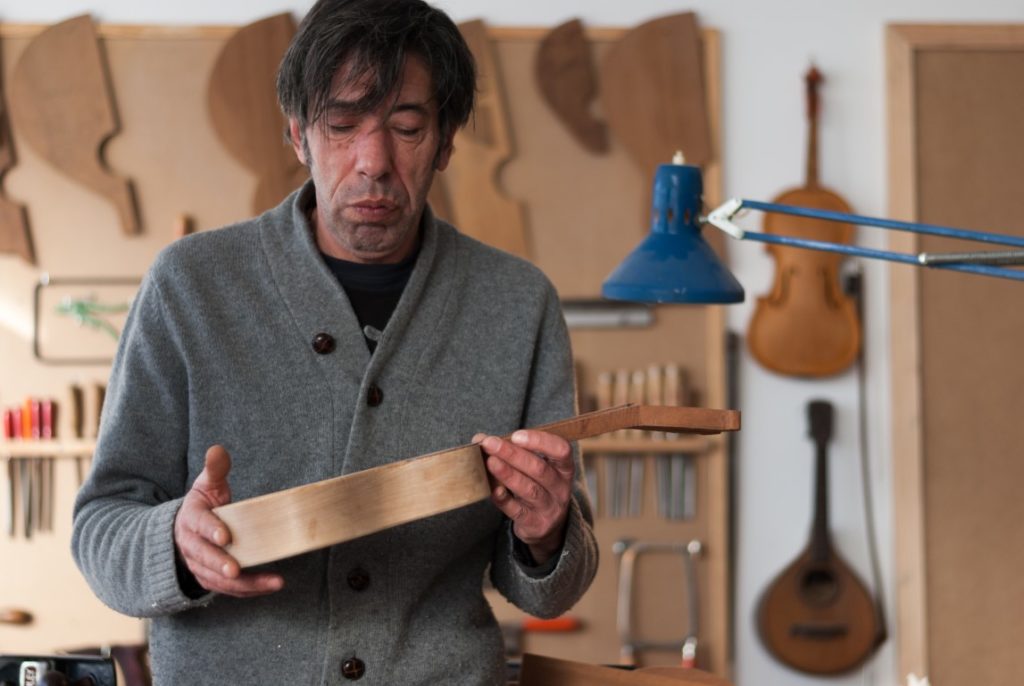
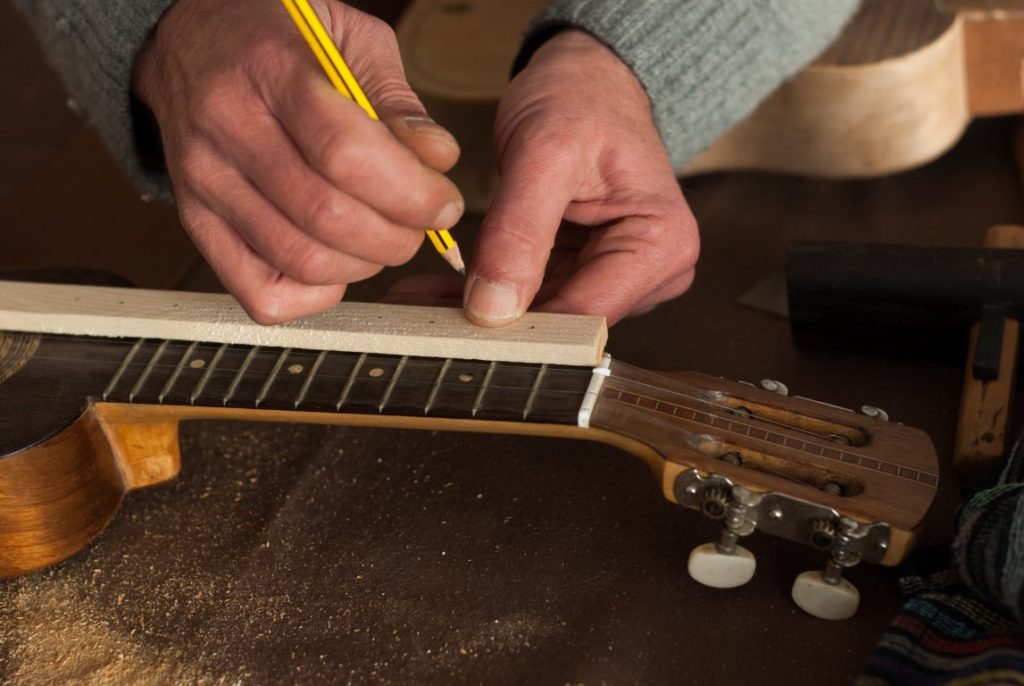


















Comments